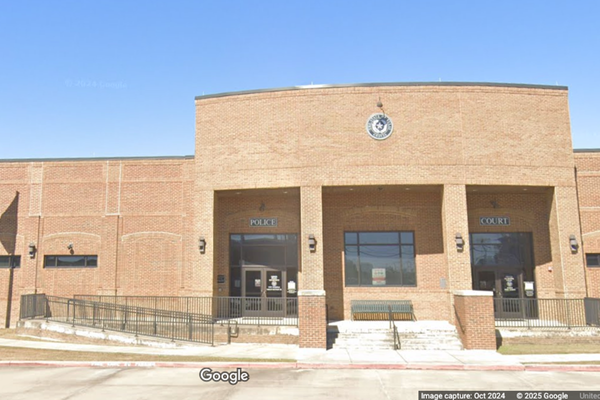
There’s a lot going on in this movie from first-time feature director Mariama Diallo – a pointed and intensely pessimistic horror-satire on racism and identity politics on the American campus. It could be that its material isn’t fully absorbed into the screenplay, but there is real claustrophobia and unease in each insidious microaggression.
The setting is an imaginary Ivy League school in New England which now shrilly prides itself on its diversity, where Jasmine (Zoe Renee), a new student and young woman of colour, is unnerved to hear rumours that the room she has been assigned was where the university’s first black female student took her own life in the 1960s. Meanwhile, in a kind of generational-anxiety parallel, Gail Bishop (Regina Hall), a distinguished scholar with a respected publication record, is thrilled but nervous to have been appointed the first black woman “master” of one of the university’s constituent houses. (The word of course has queasy plantation echoes.)
Someone these two women have in common is a rather trendy academic, Liv Beckman (Amber Gray) – Gail’s friend and Jasmine’s tutor – who teaches literature and theory. Liv is more overtly radical than Gail on issues of racism and is now up for tenure, which could be undermined by the fact that Jasmine has filed a formal complaint against her for giving her a failing F grade on her paper on The Scarlet Letter.
These campus politics, arguably scary enough in themselves, are meshed with the escalating and uncanny happenings that Jasmine experiences, surrounded by sinister and boorish white undergraduates who are in the substantial majority, most disturbingly at a party on the dancefloor when all the excitable white students are raucously shouting out the N-words in Sheck Wes’s Mo Bamba. The movie shrewdly creates a shiver of nausea in the institutional use of “diversity” as another prestige-marker.
• Master is released on 18 March in cinemas and on Amazon Prime Video.







